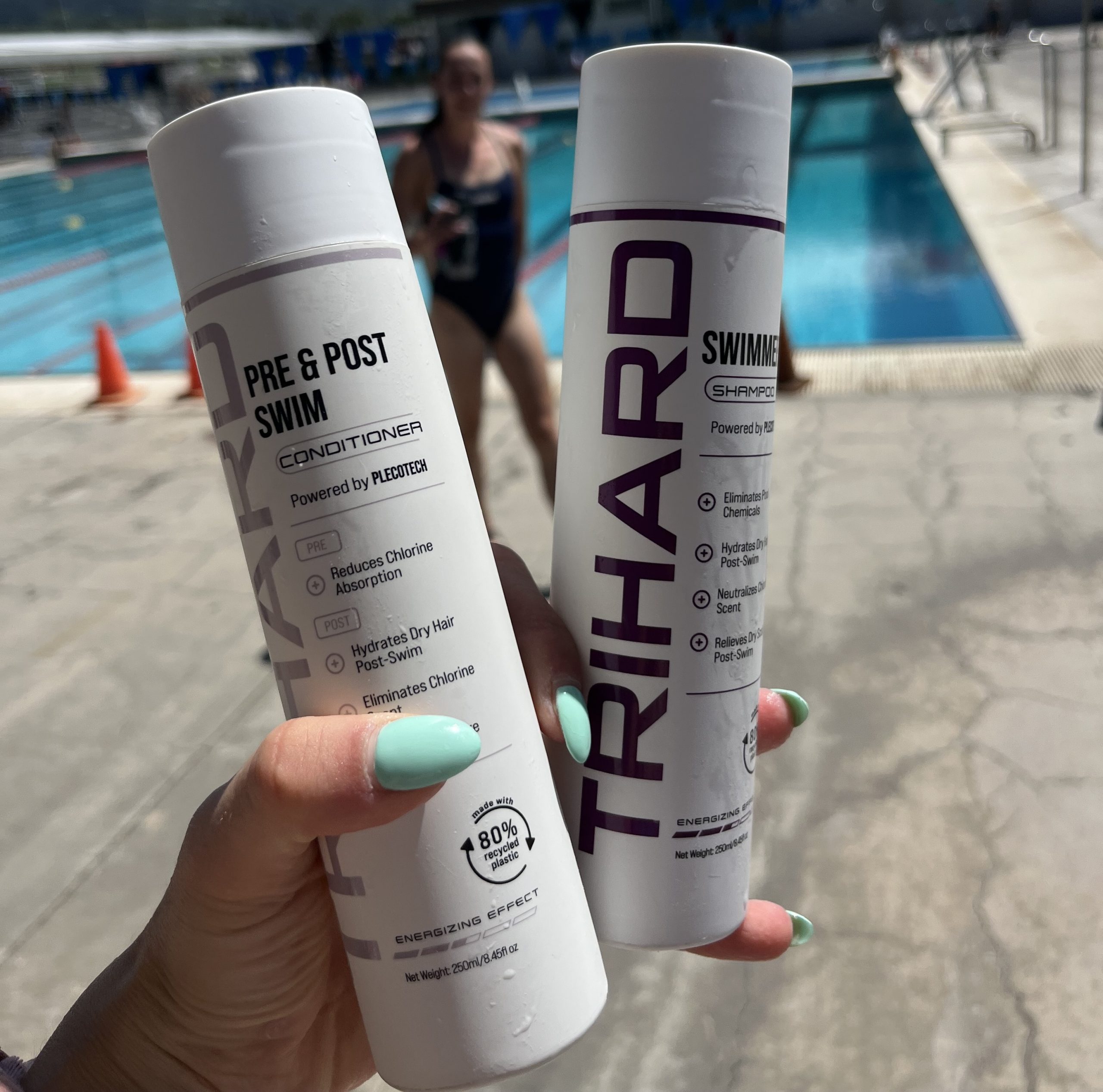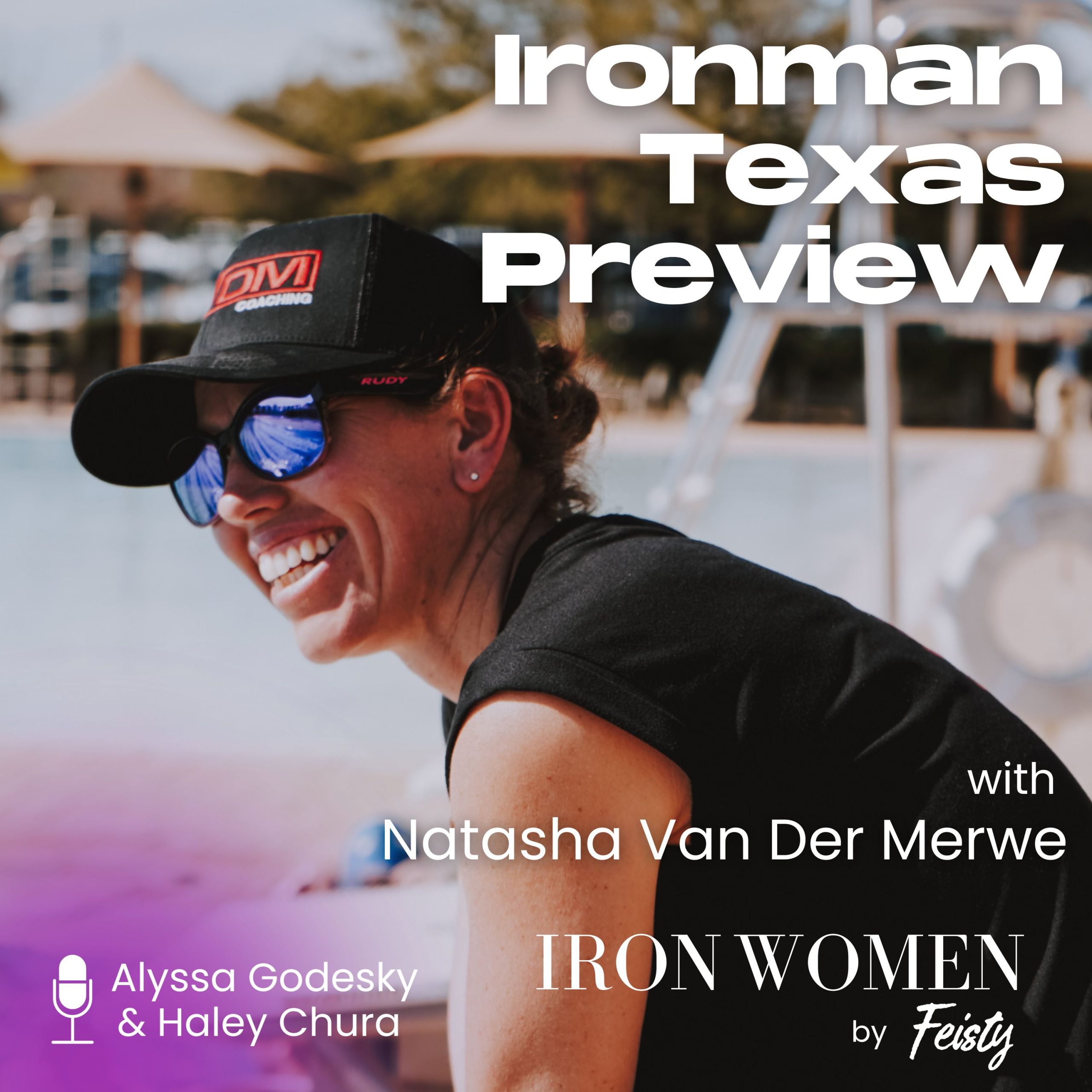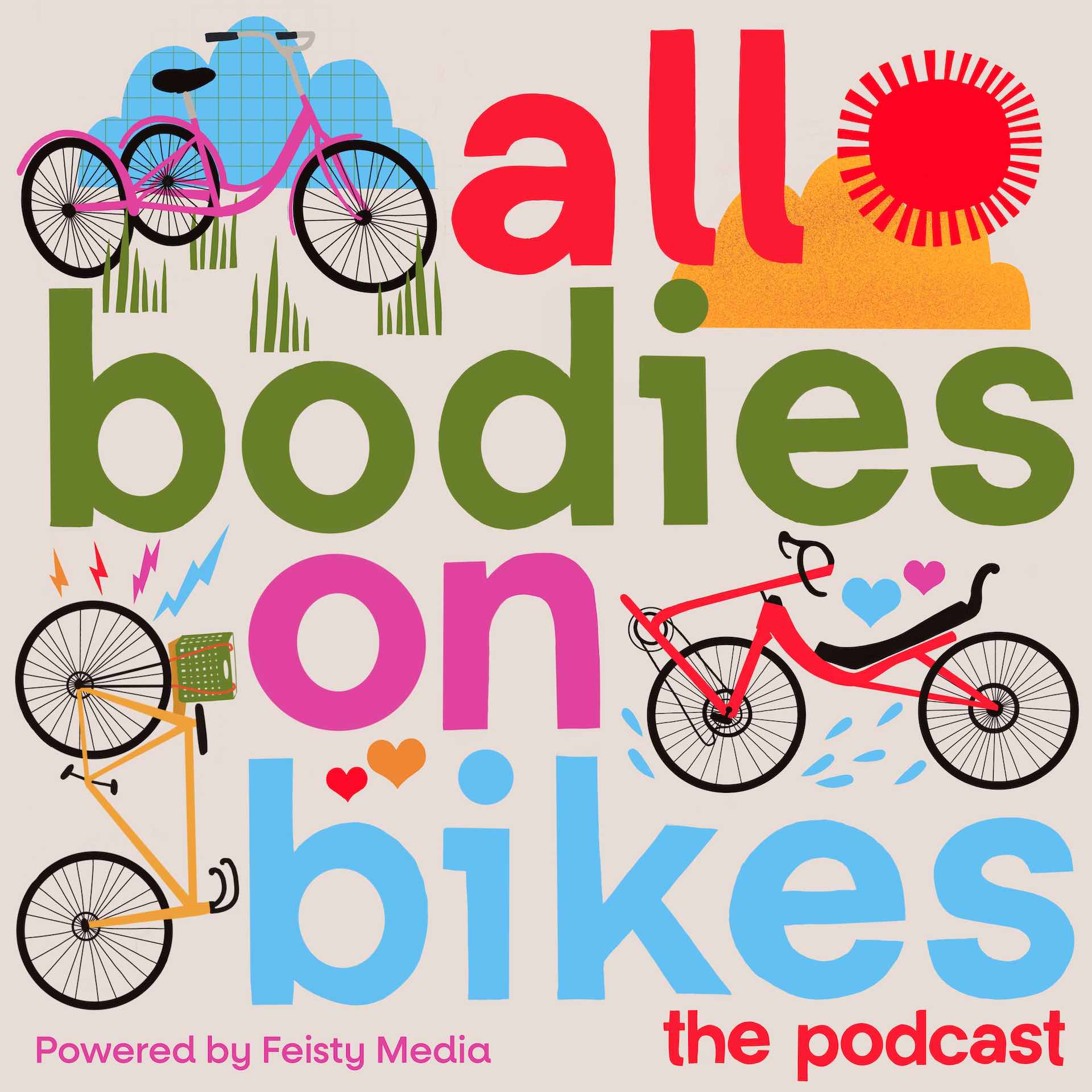August 15, 2017
Is science just another douchebag at a party?

text by Sara Gross
Elite open water swimmer Meredith Novack was enjoying herself at a party when a male stranger approached, apparently enraged by the idea that she owned the record for the 20-mile double crossing of the Auau Channel in Hawaii. The diminutive Novack stood stunned while she was informed in no uncertain terms that there was no way that a woman beat the record for the swim by 44 minutes. She was further informed that she was incapable of even swimming that far.
While stories like these are sad and infuriating (and sometimes a little bit funny… funny because, if our angry friend went home and googled Novack, he would find that not only does she indeed own the record for the 20-mile double crossing from Lanai to Maui and back, but she did it with two tiger sharks trailing her part of the way).
Women’s rights have been fought for and won on numerous turfs using the trump-card argument that women, at the end of the day, are equal to men. Equal in our intellectual abilities, our emotional intelligence and our ability to contribute to the world. And while every individual is not equally talented, denying opportunities or excluding people based on gender is not cool and not rooted in any factual evidence of inferiority.
But when it comes to sports and physical fitness, women are often told what we can’t do because… science.
As women, we are often told point-blank that we are physically inferior, like Novack was at that party. For example, those who were told by a well-meaning grandmother that their uterus would fall out if they run too much. While perhaps well-intended, the message is subtle but clear, “Women are not designed for running.” Or this story:
“We were doing the President’s Fitness Challenge (in middle school ) and paired up to do the sit up test. I was paired with a boy who counted for me, but when asked my score the teacher wouldn’t believe mine: “No girl could do that many sit ups.” (I was a competitive gymnast). He refused to believe me or my partner, who bravely backed me up. Eventually I had to repeat the test in front of the entire class to get a score.”
And then there were those of us who were cut off from playing the sports we wanted to play because there were no girl’s leagues, or because the sport was considered “unfeminine,” or my personal favourite, “because girls can’t do that.”
As mentioned earlier, the idea that women and men are intellectual equals was long ago fought and won. Fought and won because… science. And while some experiments have shown that women on average have slightly more emotional intelligence or that men might have a slight advantage in the realm of spacial intelligence, at the end of the day we can call it even. And women are no longer excluded from education or job opportunities on the basis of intelligence. Thank you very much Science.
But when it comes to sports and physical fitness, women are often told what we can’t do because… science. How sick am I of reading and hearing things like “men have an average of 26 lbs more muscle mass than women” or “women possess 40% less upper body strength than men?” Poor women, with our small hearts and lungs and poor oxygen consumption, uptake and aerobic capacity. Sigh. We can’t even hope to keep up with the men. Because… science.
I have rarely been told the simple truth that pound for pound women are almost as strong as men. The most significant difference lies in size, not gender.
The other day I happened upon a VO2 max chart in an old textbook. (VO2 max was for a long time considered the gold standard test of cardiovascular and aerobic fitness and ability) And that’s when it hit me. “Science” had become for me the douchebag at the party telling me exactly what I can and can’t do because I am a woman*. And that’s when I realized that underlying cultural assumptions about the physical abilities of women were effecting not only how science condenses and imparts information to the average person, but how I hear and digest that information as well.
For example, while it is widely known that, on average, men are stronger than women, I have rarely been told the simple truth that pound for pound women are almost as strong as men. The most significant difference lies in size, not gender. All human muscle tissue is the same so if a woman trains with weights she will gain strength at the same rate as a man.
Even VO2 max is affected more by training than gender. Almost all well-trained female athletes have higher VO2 max numbers than untrained men. And while I knew all this, I didn’t really hear it because I am so used to seeing the charts divided into gender with the poor weak women and their low VO2 max numbers on one side, and men on the other. When the truth is that strong athletic women have, ipso facto, made themselves physically more able than their inactive counterparts, male or female.
And that’s when I realized that training and doing sports might just be the ultimate act a woman can undertake to improve the lot of womankind.
Sport can alter the balance of power by bringing us closer to physical equality.
(Just an aside, in my head at that moment, I had an image of an extremely unfit male internet troll typing rude comments about Serena William’s physicality while inhaling chips in a small apartment in his mother’s basement. But I best not write that since it would be rude and reinforce stereotypes…)
Consider this – battles for women’s rights often start with the body; birth control, sexual harassment and abuse, rape, breast cancer, abortion, anorexia, bulimia and exercise addiction, sexual preference and gender expression. Further, successful athletes don’t just win for themselves, they often win for their whole demographic; their home town, for the African American or hispanic community and sometimes, for their entire gender. Here I’m thinking of Serena again or Katie Ledecky or Simone Biles.
Athletes, and athletic women in general, repossess their bodies. Sport changes us physically, literally making us stronger. Sport can alter the balance of power by bringing us closer to physical equality.
Not to mention all the well-documented psychological advantages of sport and activity, like increased confidence and self-esteem, that feeling that we can accomplish anything, handle the stresses of our day and aspire to greatness in any field. Sport is empowerment for many women, and that empowerment is won by our own merit, through our own pain, sweat and tears.
And for these reasons, and perhaps others I have yet to imagine, sport and physical activity may be the best thing we can do, not only for ourselves, but for womankind.
*For the record, I don’t actually think science is a douchebag. I just think that occasionally, it could use a little helpful marketing advice.


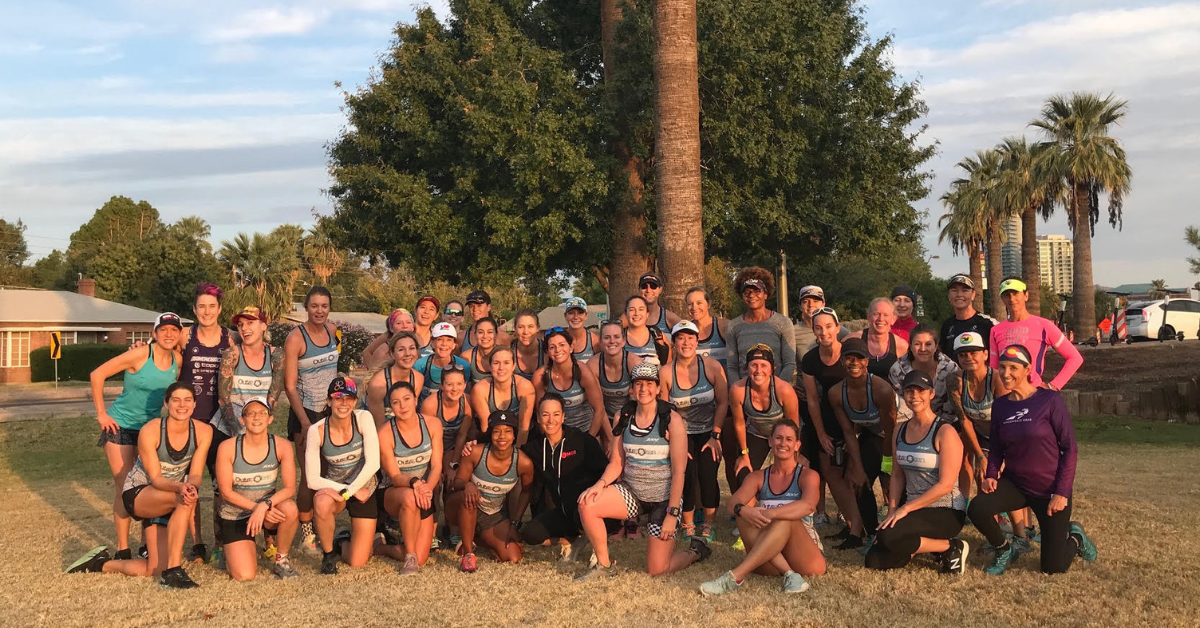 Outspoken Women in Triathlon Summit Returns Bigger than Ever
Outspoken Women in Triathlon Summit Returns Bigger than Ever 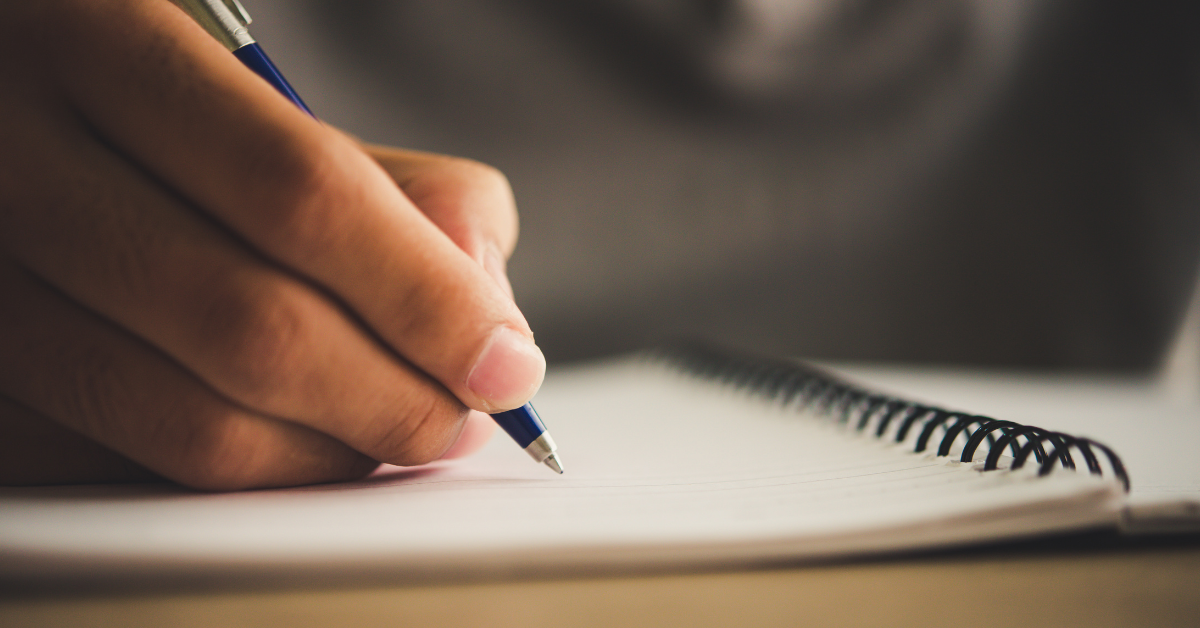 Driving the Lamborghini: Productivity and the Power of Paper
Driving the Lamborghini: Productivity and the Power of Paper  5 take aways from the Compete Sports Diversity Summit
5 take aways from the Compete Sports Diversity Summit  Simple Tips to Hone Your Bike Handling Skills
Simple Tips to Hone Your Bike Handling Skills 